Emmanuelle

Ever since the 1967 publication of the infamous novel by Emmanuelle Arsan, subsequent sequels, magazines and film adaptations, the name Emmanuelle has become associated with the (mostly) fictional heroine embarking on erotic adventures around the world. A 2024 re-imagination of the saucy material proves a rather peculiar follow-up to director Audrey Diwan’s highbrow success with her Golden Lion-winning debut feature Happening – but raised eyebrows and raised interest are not mutually exclusive.
Our modern-day Emmanuelle is played by Noémie Merlant (Portrait of a Lady on Fire) and travels to the Far East (Hong Kong, rather than Thailand) for business purposes. The company she works for is dissatisfied with one of their hotel managers (played by Naomi Watts) and sends Emmanuelle to the luxury resort find sufficient cause to terminate her employment. In the meantime, Emmanuelle amasses a number of lovers, both male and female, but her interest is piqued by a mysterious guest at the hotel, who isn’t lured by her charms so easily (Will Sharpe).
The 1973 Emmanuelle sought to accumulate experience to pleasure her husband. Despite being progressive in its rejection of the idea of ownership and the bondage of monogamy, viewed from a modern lens, her altruistic motives hinder the film from becoming the ultimate sexual liberation it was proclaimed to epitomise. Diwan tries to circumvent this by removing the spousal character and having Emmanuelle act on her own authority. However, there is a downright clinical detachment to her actions (asked to describe an encounter, she taps a staccato rhythm with her fingernails), which again keeps viewers guessing just how pleasurable the encounters truly are for Emmanuelle. Scenes from Just Jaeckin’s feature are recreated, but their pretext is less playful and as such scenes of two women masturbating alongside each other feel far less organic. Operating within the aesthetics of a perfume commercial, Emmanuelle’s approach proves bafflingly clinical for a subject so complex and messy. The character’s lines are equally rigid and oftentimes clearly re-recorded and added in post-production.
Despite the illustrious names attached, the casting doesn’t work in service of the film. Despite her obvious allure, Merlant doesn’t seem quite fitting for the part and it comes as no surprise to learn that it was originally meant for Léa Seydoux. Sharpe (currently also in cinemas in Jesse Eisenberg’s A Real Pain), is visibly uncomfortable at being made to embody the subject of Emmanuelle’s desire and his character’s power merely purported, never felt. The brief appearances by Naomi Watts and Jamie Campbell Bower are blatantly dismissive of their time and their talent.
While thankfully there is no shortage of films concerning themselves with the female quest for sexual gratification, it is particularly unfavourable for Emmanuelle that its release date timed so closely to Halina Reijn’s Babygirl, which not only makes for an enjoyable viewing experience but actually engages with the topic of human sexuality on more than a surface level. Emmanuelle unfortunately has nothing to offer but glossy pictures.
Selina Sondermann
Emmanuelle is released nationwide on 17th January 2025.
Watch the trailer for Emmanuelle here:

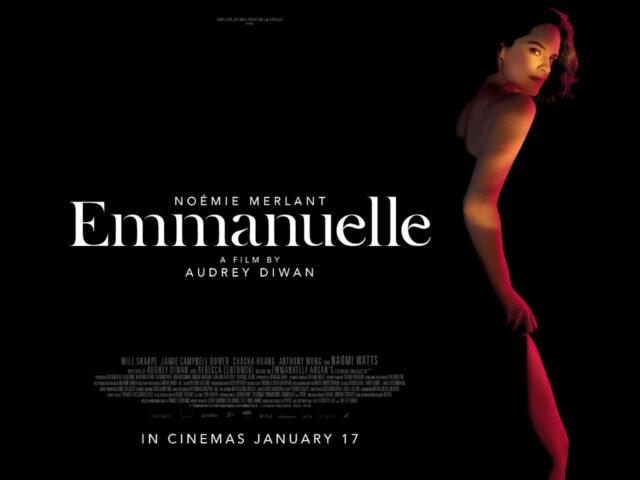
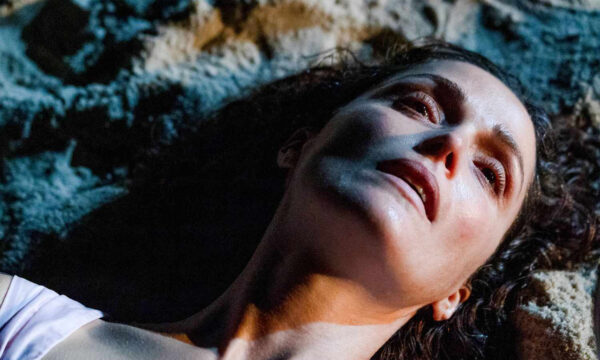
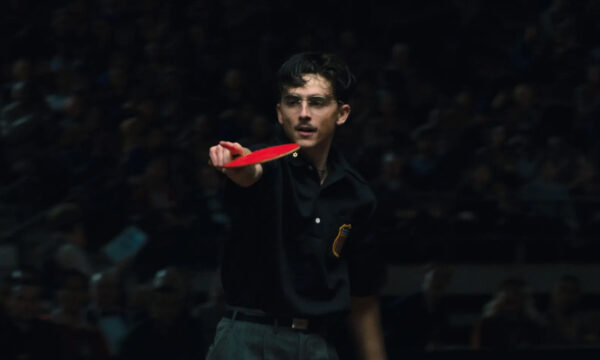
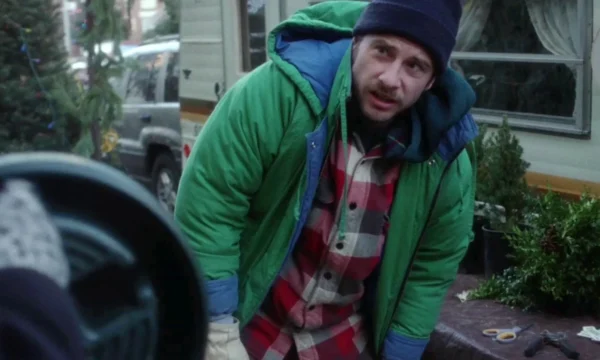
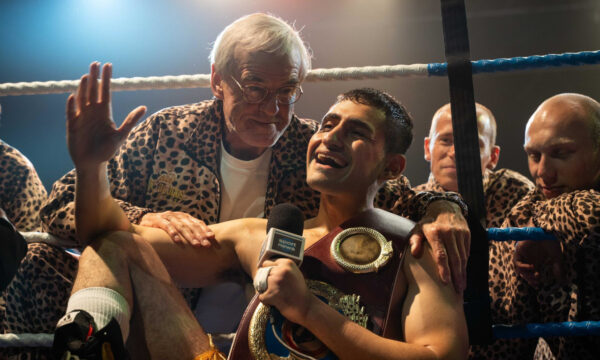

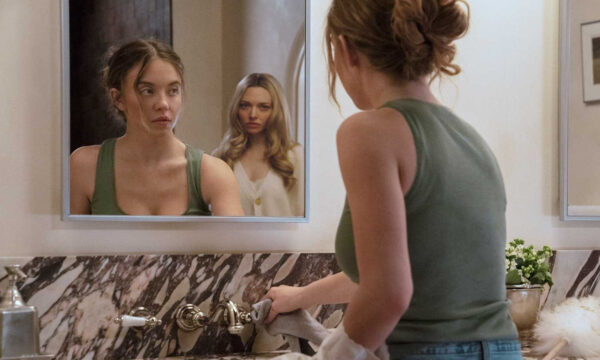

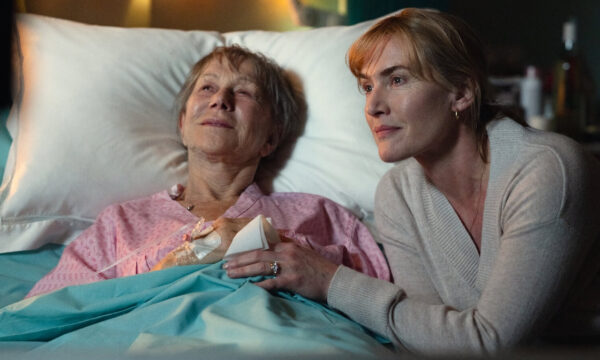












Facebook
Twitter
Instagram
YouTube
RSS